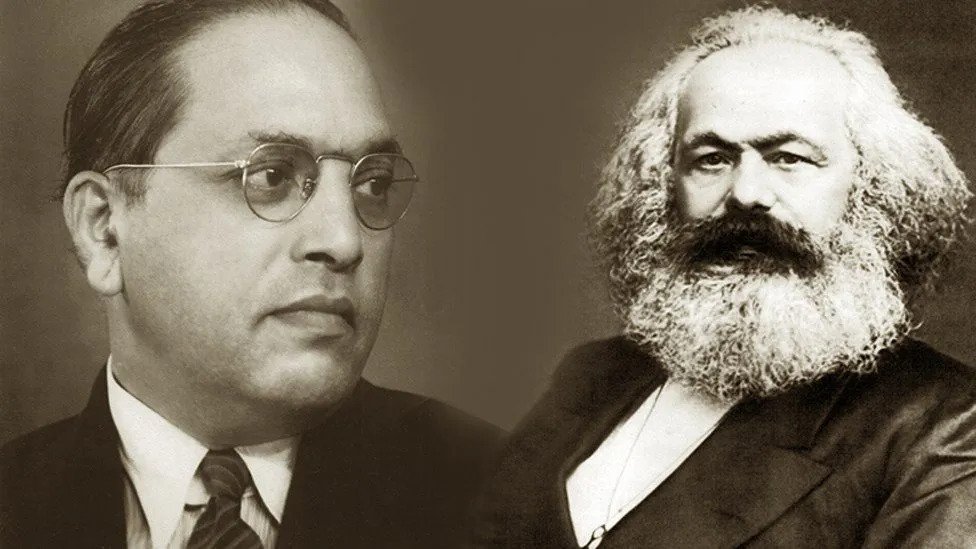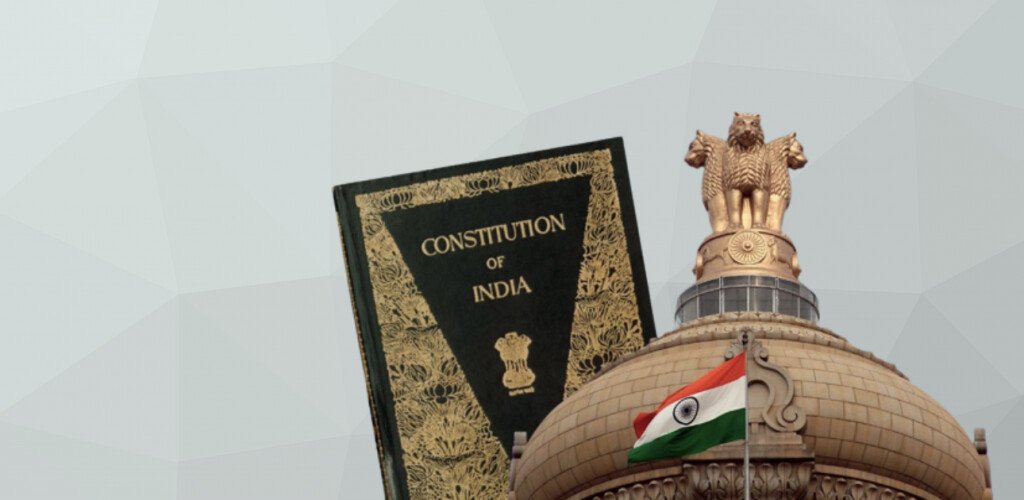By: Amulya Ganguli
There is a saying in Bengali: pithey bendhechi kulo, kaaney diyechi tulo. It means: I have tied a winnowing basket on my back and put cotton wool in my ears. What it implies is that these protective measures not only make a person immune to physical or verbal assaults, but also somewhat shameless in the process.
The BJP’s bland rejection of the criticism it is facing from Western institutions underlines a similar barefaced indifference. No matter what the V-Dem Institute or the Economist Intelligence Unit or the Freedom House may say about the India’s declining status as a democracy, the BJP is simply not bothered. It routinely dismisses such censure as the statements of people who have no locus standi or are ill-informed or are motivated by a malign mindset.
The party’s indifference also has a touch of arrogance about it. Since the BJP has convinced itself that it is on a perpetual winning spree – the Union home minister, Amit Shah, has asserted that it will rule from panchayats to parliament for the next half a century – the party feels no need to take note of adverse comments, especially by outsiders. The same insouciance also marks the BJP’s attitude towards critics at home. For one, they are regarded as politically inconsequential because of their weakness as political forces at the national level. For another, it is not difficult in the context of the party’s own popularity to summarily brand them as anti-nationals.
The cornerstone of the BJP’s popularity, and especially of Narendra Modi’s, is the seemingly unstinted support which they receive from the middle class. A measure of this uninhibited backing is evident from the fulsome praise bestowed on the party and the prime minister by some of the judges, both retired and serving. While one of them called the prime minister a versatile genius, another described him as a visionary.
It is easy to understand a party functionary like the vice-president, Venkaiah Naidu’s belief that Modi is God’s gift to the nation, but not so easy to decipher what guides individuals well-versed in law and public affairs to see elements of greatness in the prime minister. For all the adulation which Jawaharlal Nehru or Lal Bahadur Shastri or Indira Gandhi received in their lifetime, none was seen against the radiant background of divine providence or human virtuosity.
However, it is not only the perception of Modi as the “most loved prime minister”, as one of the judges said, which explains the party’s hold on the middle class. There is also a communal angle along with an attitude of disdain for the party’s opponents which boost the BJP’s political standing. Nothing demonstrates the contempt for critics more starkly than the succinct division of the population by a Union minister, Sadhvi Jyoti, into Ramzadas or the children of Lord Ram, and haramzadas or bastards in a real and also a pejorative sense.
A similar division in a communal sense was made U.P. chief minister Yogi Adityanath when he described the BJP’s supporters as Bajrang Bal is and opponents as Alis, the latter being those who can be recognized by the clothes they wear, as the prime minister once said. There is little doubt that it is the virulent anti-Muslim outbursts which, of course, have long been the stock-in-trade of the RSS-led Sangh parivar for nearly a century, which have enabled the BJP to consolidate its Hindu vote bank. If the party accuses its “secular” adversaries of Muslim appeasement, it can be said to be guilty of majority appeasement on its part.
A combination, therefore, of oratory – the BJP has a range of effective speakers, with Modi at the top, which the opposition cannot match – and a projection of the prime minister’s strong man image are behind the BJP’s rise. However, as its internal position appears impregnable, the growing criticism of its authoritarianism outside by reputed international institutions and the media cannot but worry at least a section in the BJP who have to depend on the external affairs minister, S. Jaishankar, pulling the party’s chestnuts out of the fire.
Even if the BJP ignores the unfavourable comments on the citizenship laws or the farmers’ agitation, it will be aware of their harmful impact not only on potential investors, but also on liberal-minded governments. As long as Donald Trump was president, the BJP could be sure of the US turning a blind eye to its authoritarian tendencies. But Joe Biden is likely to be different even if the Western liberals will not want to push India too far at a time when they need it to be on their side in the confrontation with China. But by constantly receiving unfriendly media coverage in the West, the BJP will not be making it easy for its dwindling number of supporters abroad. (IPA Service)







